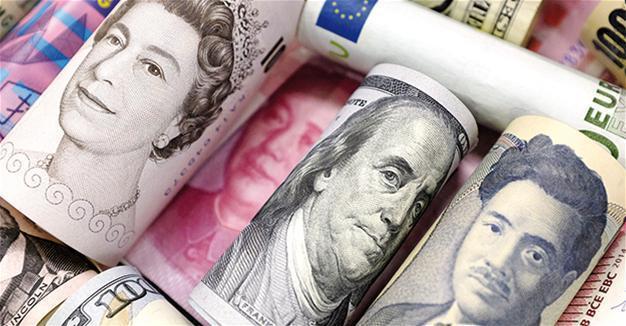US government has itself to blame for dollar strength: Bundesbank
MAINZ - Reuters

REUTERS photo
The U.S. administration should blame itself rather than Germany for a recent strengthening of the dollar against the euro, the head of Germany’s Bundesbank said on Feb. 7.Jens Weidmann said comments by a top trade adviser of U.S. President Donald Trump that Germany was exploiting the United States and its European partners with an overly weak euro were “more than absurd.”
“The thesis that foreign currency manipulations are to blame for the current strong U.S. dollar is not borne out by facts,” he told a gathering in the western German city of Mainz.
“The most recent rise in the dollar is likely to be home-made, triggered by the political announcements of the new government,” he said.
Separately, in an interview with Redaktionsnetzwerk Deutschland media group (RND), Weidmann said there was no point in starting a currency war.
“If politicians erect trade barriers or start a currency depreciation race, there are only losers in the end,” he told RND, in comments due to be published on Feb. 8.
At the event in Mainz, Weidmann, a long-standing critic of the European Central Bank’s massive purchases of government bonds, defended the ECB’s ultra-easy policy from critics in his own country, saying it was appropriate for now.
But he added that the monetary stimulus should be wound down as soon as the ECB’s inflation objective is reached, even if that means some weaker countries may struggle to repay their debt due to higher borrowing costs.
“The very easy monetary policy cannot solve Europe’s underlying problems and must be wound down as soon as the price stability objective allows it,” he said.
“And that (should happen) even if higher rates worsen the sustainability of individual government budgets or lead to fluctuations in financial markets.”
Most eurozone government bond yields have risen in recent months as inflation rebounded and investors worried about the rise of anti-euro parties ahead of elections in France, the Netherlands, Germany and, possibly, Italy.
















